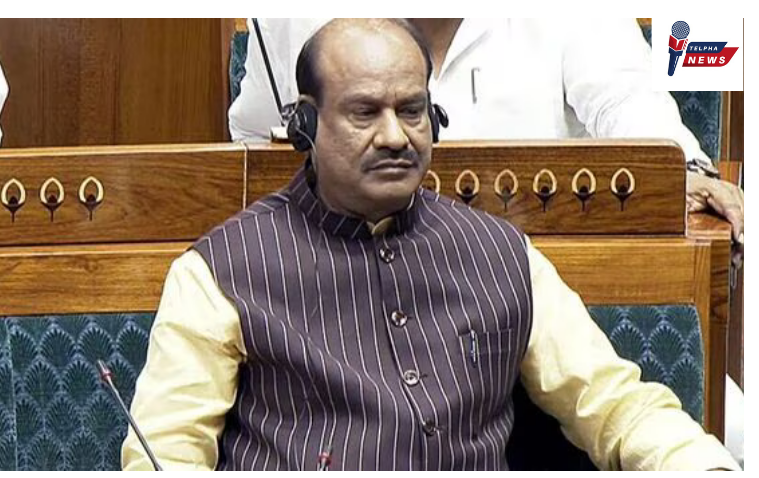
The Legacy of the Emergency: A Dark Chapter in India’s Democratic History
Introduction
The Emergency period (1975-1977) in India, imposed by then Prime Minister Indira Gandhi, remains one of the most controversial and significant events in the nation’s post-independence history. Recently, Prime Minister Narendra Modi and Lok Sabha Speaker Om Birla have reignited discussions on this period, condemning the actions taken during that time and highlighting the importance of remembering this dark chapter. This blog delves into their statements and reflects on the impact of the Emergency on India’s democracy.
The Emergency: A Brief Overview
On June 25, 1975, Prime Minister Indira Gandhi declared a state of Emergency, citing internal disturbances as the reason. This decision allowed the central government to assume unprecedented powers, leading to the suspension of civil liberties, censorship of the press, and the arrest of political opponents. The Emergency lasted for 21 months, ending on March 21, 1977.
Prime Minister Narendra Modi’s Statements
In a recent address, Prime Minister Narendra Modi underscored the significance of remembering the Emergency period. He stated, “The Emergency was imposed 50 years ago but it is important for today’s youth to know about it because it remains a fitting example of what happens when the Constitution is trampled over, public opinion is stifled, and institutions are destroyed.” Modi emphasized that the actions during the Emergency exemplified what a dictatorship looks like, a stark contrast to India’s democratic ethos.
Lok Sabha Speaker Om Birla’s Resolution
On Wednesday, Lok Sabha Speaker Om Birla read out a resolution condemning the imposition of the Emergency. He described it as a direct attack on the Constitution by Indira Gandhi, highlighting the suppression of democratic values and the severe restrictions imposed on the media and judiciary. Birla stated, “June 25, 1975, will always be known as a black chapter in the history of India. On this day, then Prime Minister Indira Gandhi imposed Emergency in the country and attacked the Constitution made by Babasaheb Ambedkar.”
The Importance of Remembering the Emergency
Both Modi and Birla emphasized the importance of educating the youth about the Emergency period. This period serves as a cautionary tale about the fragility of democracy and the need to protect and uphold democratic values. The arbitrary arrests, media censorship, and suppression of dissent during the Emergency are reminders of the dangers of unchecked power.
Conclusion
The Emergency period remains a pivotal moment in India’s democratic journey. The recent statements by Prime Minister Narendra Modi and Lok Sabha Speaker Om Birla serve as important reminders of the need to safeguard democratic institutions and values. By remembering and learning from this dark chapter, India can ensure that such an infringement on democracy never occurs again.